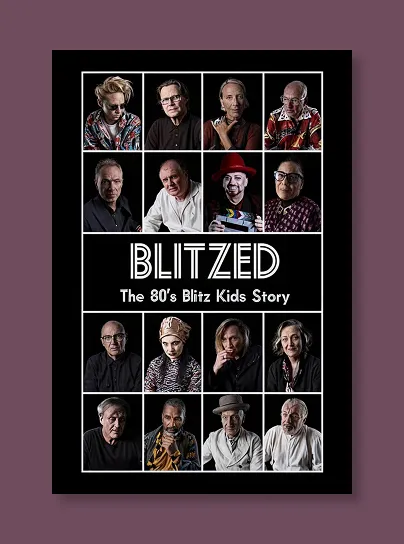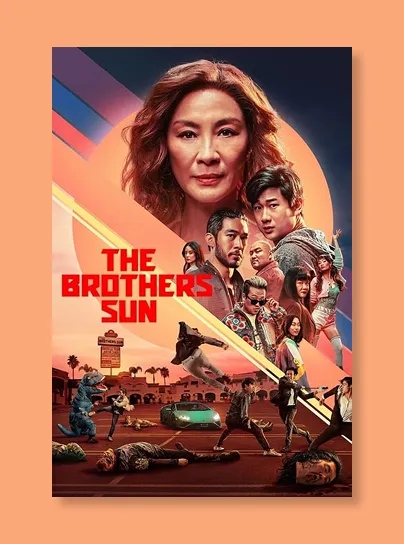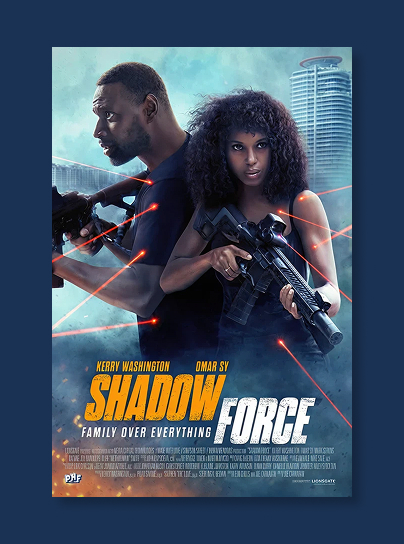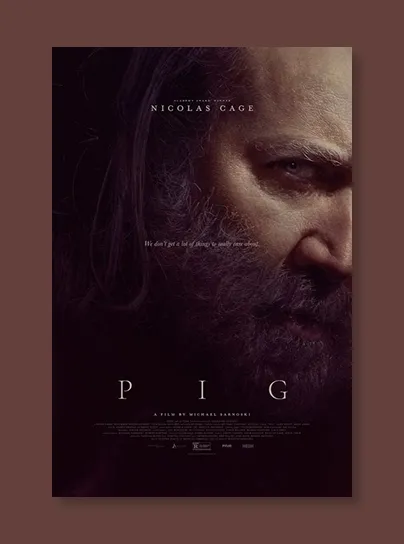
Blitzed
This well-researched documentary gives us an inside view of the political and social scenes of the 70s and early 80s in London. We learn how racist, sexist, dirty, and absolutely bleak it was. The UK still had not gotten around to fixing up areas of the city where bombs had been dropped during the war, trash collection and street sweeping didn’t seem to be a priority, and the level of discourse between people of different colors, classes and genders was extremely low.
Often, when young people feel as if they can't connect to the world they’re about to step into, they turn to each other and manifest, if only for a short period of time, a more creative reality with their peers that allows them to express themselves. The same thing happened with the graffiti scene in New York in the 80s, and with the music scene on the West Coast of the US in the 80s and early 90s.
In this case, the reality that those kids created was so powerful that it spun off big-time careers for some of its participants. That group of friends were bored with punk rock and how bad that music scene was. When they saw Bowie on the television for the first time, their imagination exploded. They created a movement that included hair, makeup, and super custom clothing and that scene coalesced into a Tuesday night at a nightclub. It only lasted for 18 months, but it became legendary.
Blitz was the hottest ticket in town. Steve Strange and his friends insisted on a super cheap entrance fee, cheap drinks, super modern music, and a very unique look. If you weren’t dressed to the nines in something that was impossible to buy off the rack, you couldn’t get in. People wore their grandmother hats and jewelry in new ways, were coloring their hair (this was the 70s!), and eyebrows were drawn on the face in every conceivable shape.
The energy of the Blitz jump-started the careers of Boy George (who was the coat check guy who would steal things from people’s coats), Gary Kemp (who renamed his band Spandau Ballet), Princess Julia (who became an actress and DJ), Chris Sullivan (who became a DJ, promoter, frontman, director, stylist and author), and Michele Clapton (who became an award-winning costume designer).
Netflix does a great job with knitting together home movies, news reel footage, contemporary interviews, and images. For this, the filmmakers often divided the screen into 2 or 4 pieces so they could show even more footage at once. For this kind of subject matter, it’s a really effective technique.
Blitz was a zeitgeist, created by outcasts for people who felt like outcasts. The power of it reverberated for decades. If you are British and were born in the 60s, this will probably bring on tremendous nostalgia and seem too short. I like British culture, but about half-way through, I began checking how much more of it was left.
(I give it 2 stars only because I am not emotionally invested in the subject matter.)



